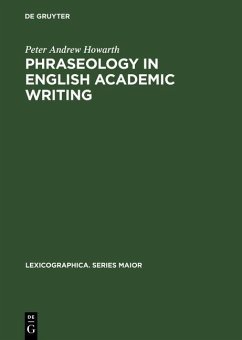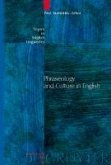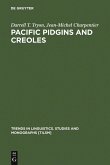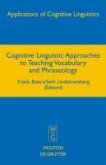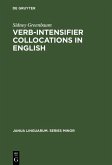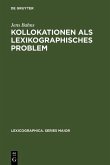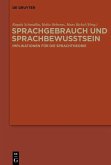This study examines the use of one category of prefabricated language (restricted lexical collocations) in native and non-native academic English in the social sciences, in an attempt to throw light on a neglected aspect of learner competence. It first surveys the existing theoretical viewpoints on word combinations and then reviews experimental research into the psycholinguistic processing of prefabricated language, which suggest that the role of conventional expressions is to facilitate fluent production and rapid comprehension. A computer-based corpus of native academic writing is analysed to discover to what extent and how such collocations are used in formal written English. Conventionality of style, it is suggested, aids precision of expression, clearly a quality highly valued in academic argument. A corpus of non-native writing is then subjected to a similar analysis. While the collocational errors learners make do not on the whole seriously destroy intelligibility, they can lead to a lack of precision and obscure the clarity of expression required in academic communication. Pedagogical implications are then considered, and it is seen that for the most part published teaching materials have failed to recognize the nature of collocations in general and offer little help. The final part of the study examines the treatment of restricted collocations in both general and phraseological dictionaries for learners. These are evaluated on their selection and presentation of collocations shown by the preceding research to be problematic for advanced learners. The conclusion suggests that, for such learners, who are mostly studying the language independently, good reference works are needed in the form of specialist collocational dictionaries. The results of this research help to establish principles for the design of such dictionaries.
Dieser Download kann aus rechtlichen Gründen nur mit Rechnungsadresse in A, B, BG, CY, CZ, D, DK, EW, E, FIN, F, GR, HR, H, IRL, I, LT, L, LR, M, NL, PL, P, R, S, SLO, SK ausgeliefert werden.

